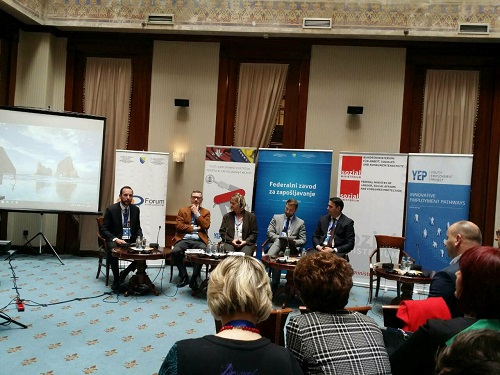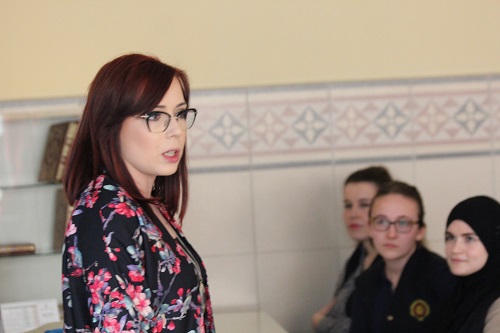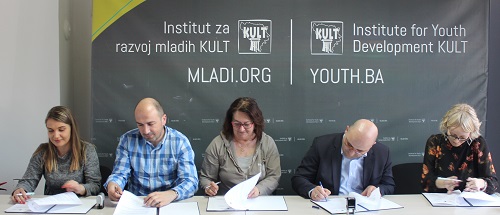During the event called “Modern Challenges on the Labour Market” held in Sarajevo on April 16, 2017, representatives of the business sector expressed their concern over both under-qualified and emigrating workforce.
They noted that they cannot be the ones educating the workforce, and the education system should rise to that challenge. This led to the conclusion that education policies are actually employment policies and that they should be created and implemented as such.
According to Professor Vjekoslav Domljan, there are local communities in BiH with impressive results that should serve as centres of excellence where development and research can flourish and breed practice that can be replicated in other parts of the country. Our country’s export potential should be strengthened, and the political atmosphere is the biggest hurdle in improving the economy and employment.
The event included a presentation of the results from the Analysis of Labour Market Needs in 2018, conducted by the Federal Employment Institute.
Workers with a three-year high school diploma are the most sought after (43.14%), followed by workers with a 4-year high school diploma (33.15%). The majority of employers (23.85) stated that qualifications are the main reason why they are unable to find certain profiles od workers, followed by tax policy (18.76) and incentives (12.21%).
In addition to discussing the knowledge and skills required on the contemporary labour market, the participants also discussed the way new technologies influence the labour market. Mr. Vedran Šimunović, from the Technological Park INTERA presented an example of good practice.
This event was hosted by the Federal Employment Institute and attended by numerous representatives of competent authorities, the business, academic and NGO sector.















Leave a comment